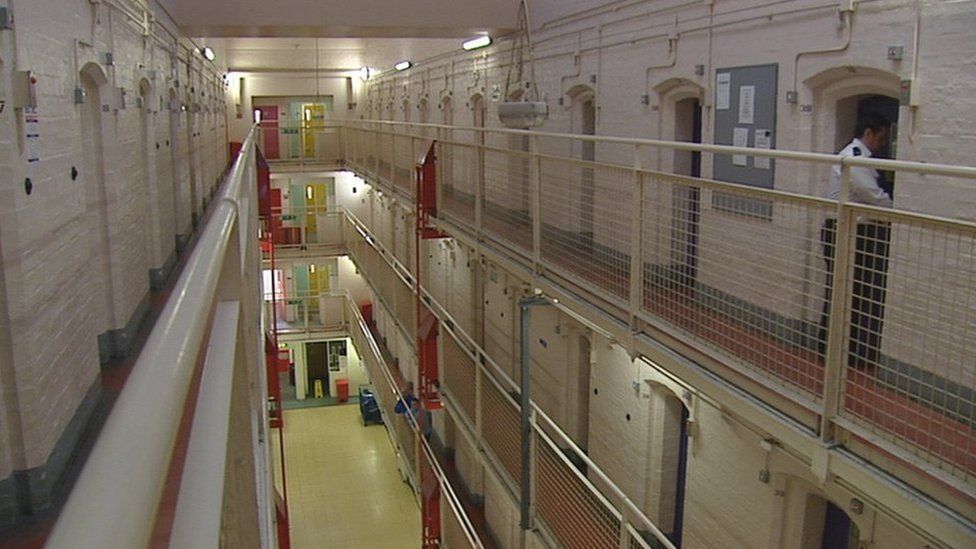Rehabilitation is more than just a word; it’s a journey of transformation, hope, and the promise of a better future. The London Community Rehabilitation Company (CRC) plays a crucial role in this process, helping offenders reintegrate into society and rebuild their lives after serving their sentences. But what does a typical day inside a London CRC rehabilitation program look like? Let’s take a closer look at the daily activities and challenges faced by both the staff and the participants.
Morning: A Structured Start to the Day
The day typically begins early, with participants arriving at the CRC center by 9 AM. The atmosphere is a mix of anticipation and routine as everyone gathers for the morning briefing. This session, led by a case manager or a probation officer, sets the tone for the day. Participants are briefed on their schedules, upcoming workshops, and any changes to their rehabilitation plans.
The morning session often includes group therapy or workshops focusing on personal development. These sessions cover a range of topics, from anger management and substance abuse counseling to improving communication skills. Group therapy is particularly powerful as it allows participants to share their experiences, reflect on their challenges, and learn from each other in a supportive environment. The sense of community fostered in these groups is crucial in helping participants realize they are not alone in their struggles.
One participant, John, shares his experience: “At first, I was skeptical about group therapy. I didn’t think I had much in common with the others. But as I started opening up, I realized we all have similar stories. It’s comforting to know that I’m not alone and that there are people here who genuinely want to help.”
Midday: Skills Development and Personal Growth
By midday, participants engage in skills development workshops. These sessions are tailored to individual needs and may include vocational training, job readiness programs, or educational courses. For many, this is the most exciting part of the day, as it provides them with tangible skills that they can use to secure employment and lead independent lives after completing the program.
London CRC works closely with local businesses and educational institutions to offer a diverse range of courses, from basic literacy and numeracy classes to more specialized training in trades like plumbing, carpentry, or IT. The goal is to equip participants with the skills they need to secure stable employment and reduce their chances of reoffending.
During a carpentry workshop, James, a participant with a history of burglary, speaks about how the training has given him a new perspective. “I never thought I could do something like this. But now, I’m learning a trade that can help me earn an honest living. It’s given me hope for the future.”
Alongside vocational training, personal growth is emphasized through sessions focused on building self-esteem, setting goals, and developing a positive mindset. These sessions often include one-on-one counseling, where participants can discuss their progress, challenges, and aspirations with their assigned case manager. This personalized attention helps to ensure that each participant’s rehabilitation plan is tailored to their unique needs and circumstances.
Afternoon: Community Engagement and Giving Back
In the afternoon, the focus shifts to community engagement. Participants are encouraged to take part in community service projects, which not only help to rebuild their sense of social responsibility but also allow them to give back to the communities they once harmed. These projects can range from neighborhood clean-up initiatives to volunteering at local charities.
Community service is a crucial aspect of the rehabilitation process, as it helps participants rebuild their self-worth and gain the trust of their communities. It also provides them with an opportunity to develop soft skills such as teamwork, time management, and leadership, which are invaluable in their personal and professional lives.
One project involved a group of participants helping to renovate a community center that provides support to vulnerable families. The pride in their work was evident as they painted walls, repaired furniture, and cleaned the premises. For many, this was a transformative experience, as it allowed them to see the positive impact they could have on others’ lives.
Evening: Reflection and Planning Ahead
As the day draws to a close, participants gather for a final debriefing session. This is a time for reflection, where they can discuss what they’ve learned, how they’ve grown, and the challenges they’ve faced. It’s also an opportunity to receive feedback from their peers and the CRC staff.
Reflection is a key component of the rehabilitation process. It allows participants to internalize the lessons they’ve learned and think critically about their actions and decisions. By regularly reflecting on their progress, participants are better equipped to make positive changes in their lives and stay on track with their rehabilitation goals.
Before leaving, participants meet with their case managers to review their progress and plan for the following day. This personalized planning ensures that each participant’s rehabilitation journey is continuously evolving and adapting to their needs. Whether it’s addressing a personal challenge, adjusting a training program, or planning for life after the program, these meetings are crucial in keeping participants motivated and focused.
The Impact of Rehabilitation
A day in the life of a London CRC rehabilitation program is more than just a series of activities. It’s a carefully structured experience designed to support personal growth, skill development, and community reintegration. The program’s success lies in its holistic approach, addressing not just the behaviors that led to offending, but the underlying issues that contribute to those behaviors.
For the participants, each day is a step towards a new beginning. The support they receive, the skills they develop, and the sense of community they build all contribute to their journey towards a crime-free life. The work of London CRC is a testament to the power of rehabilitation, demonstrating that with the right support, people can change their lives for the better and contribute positively to society.
